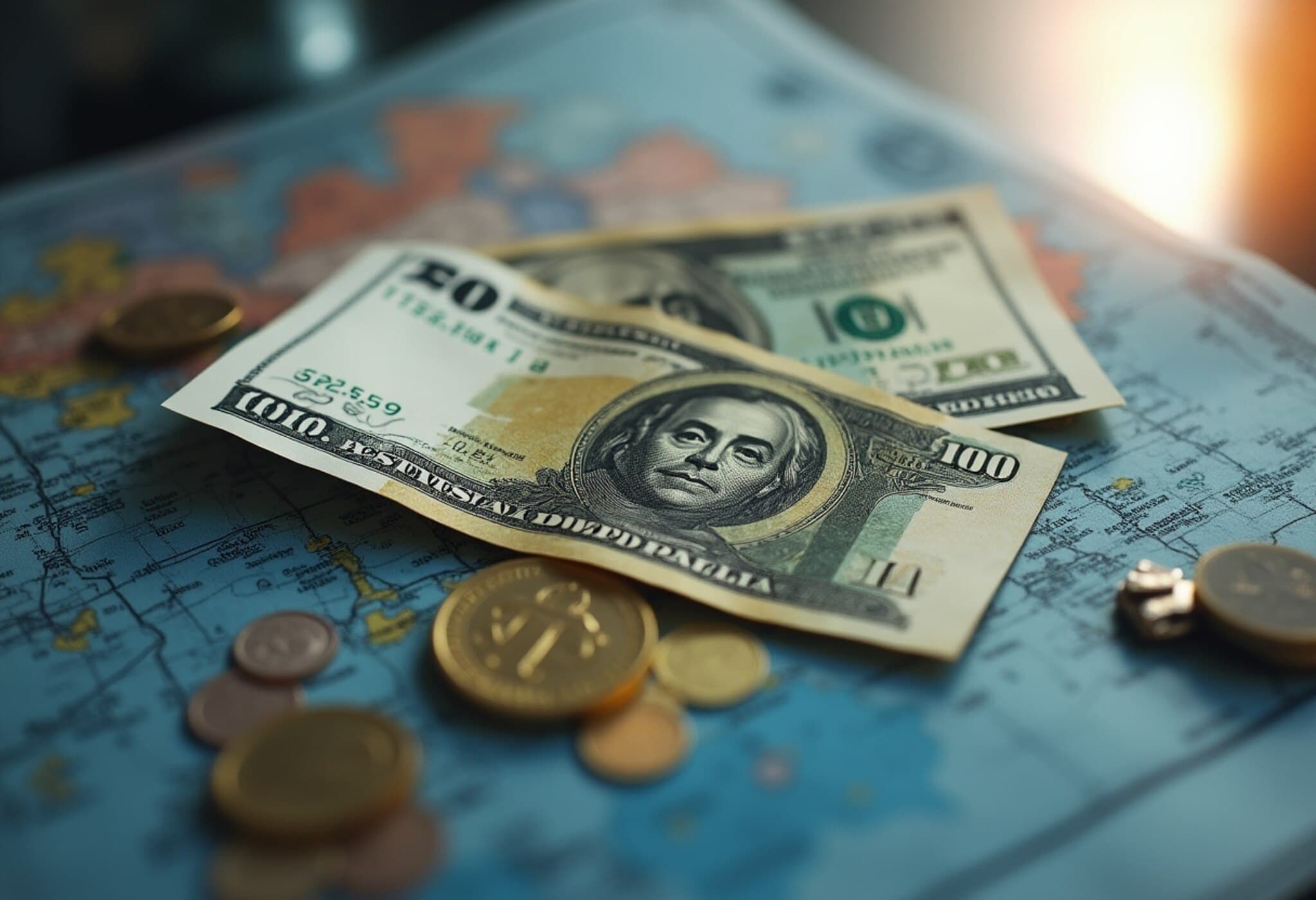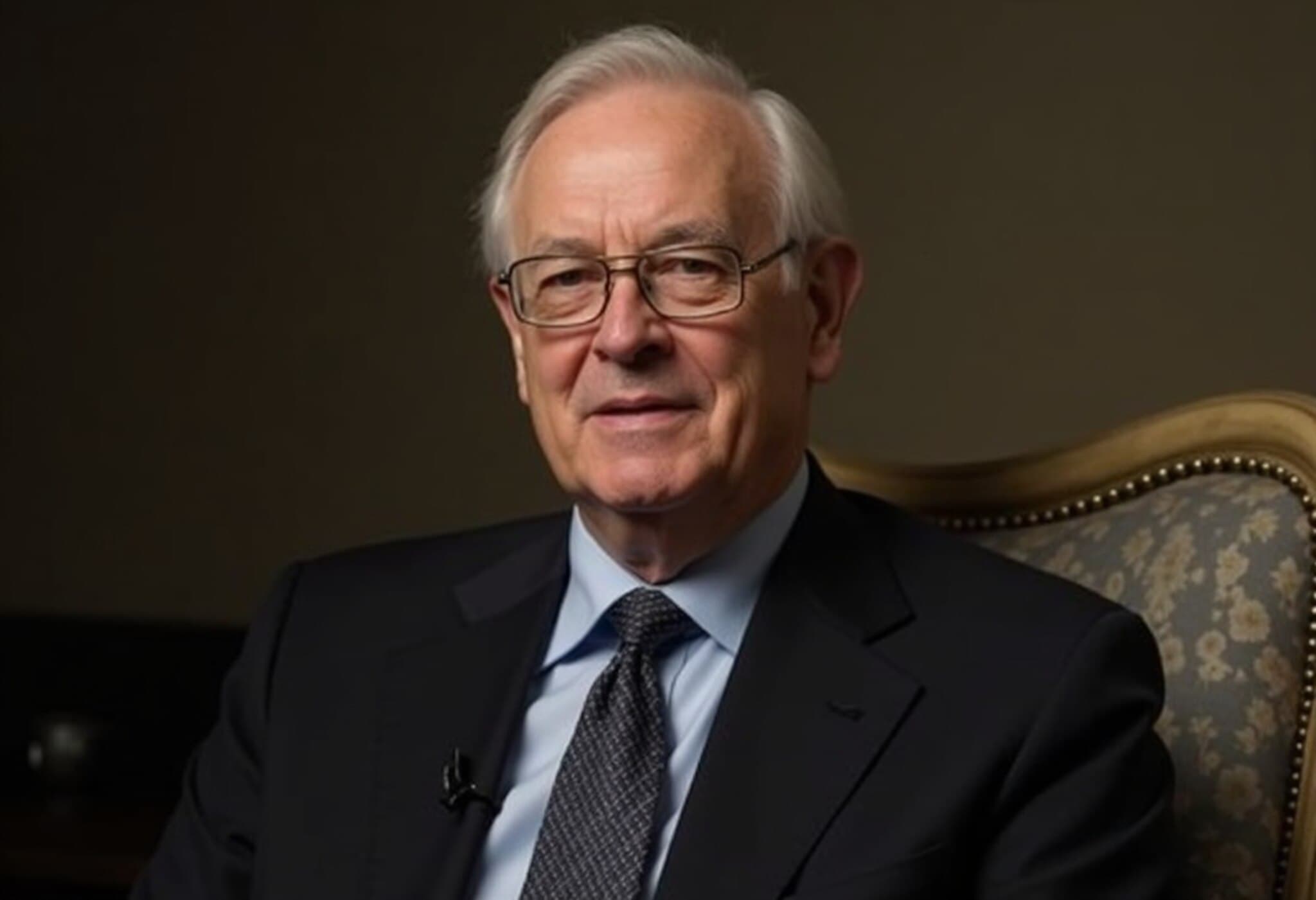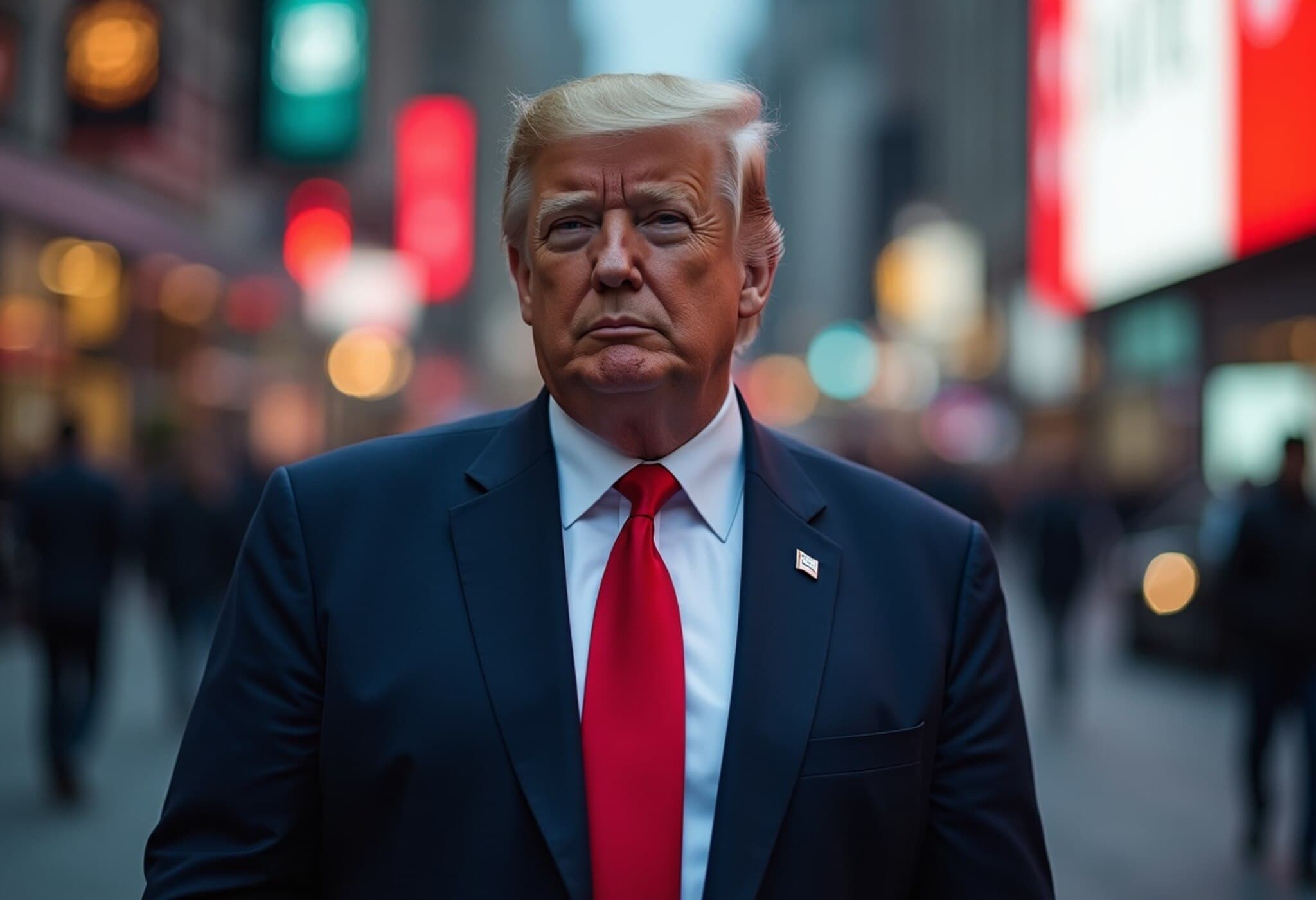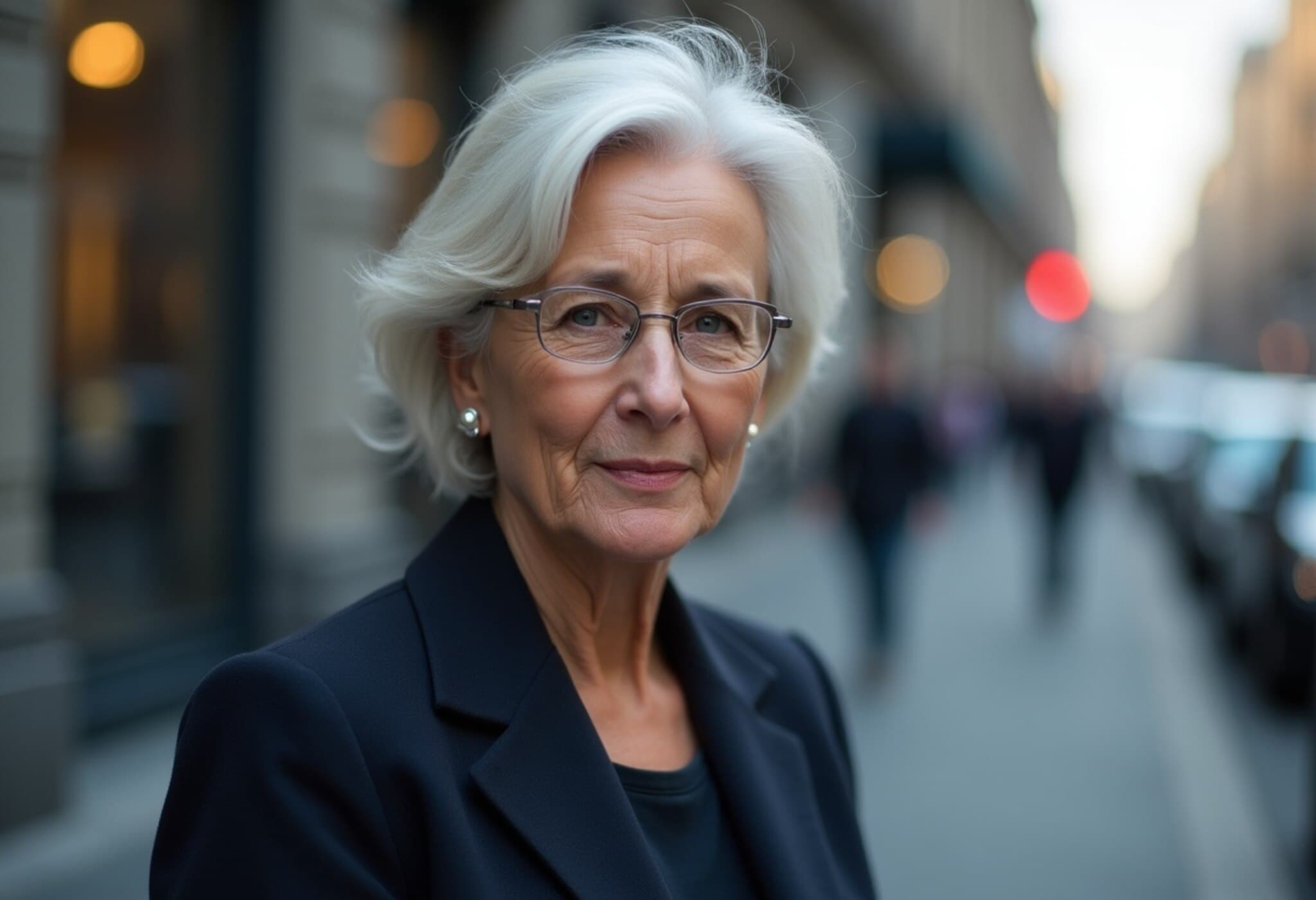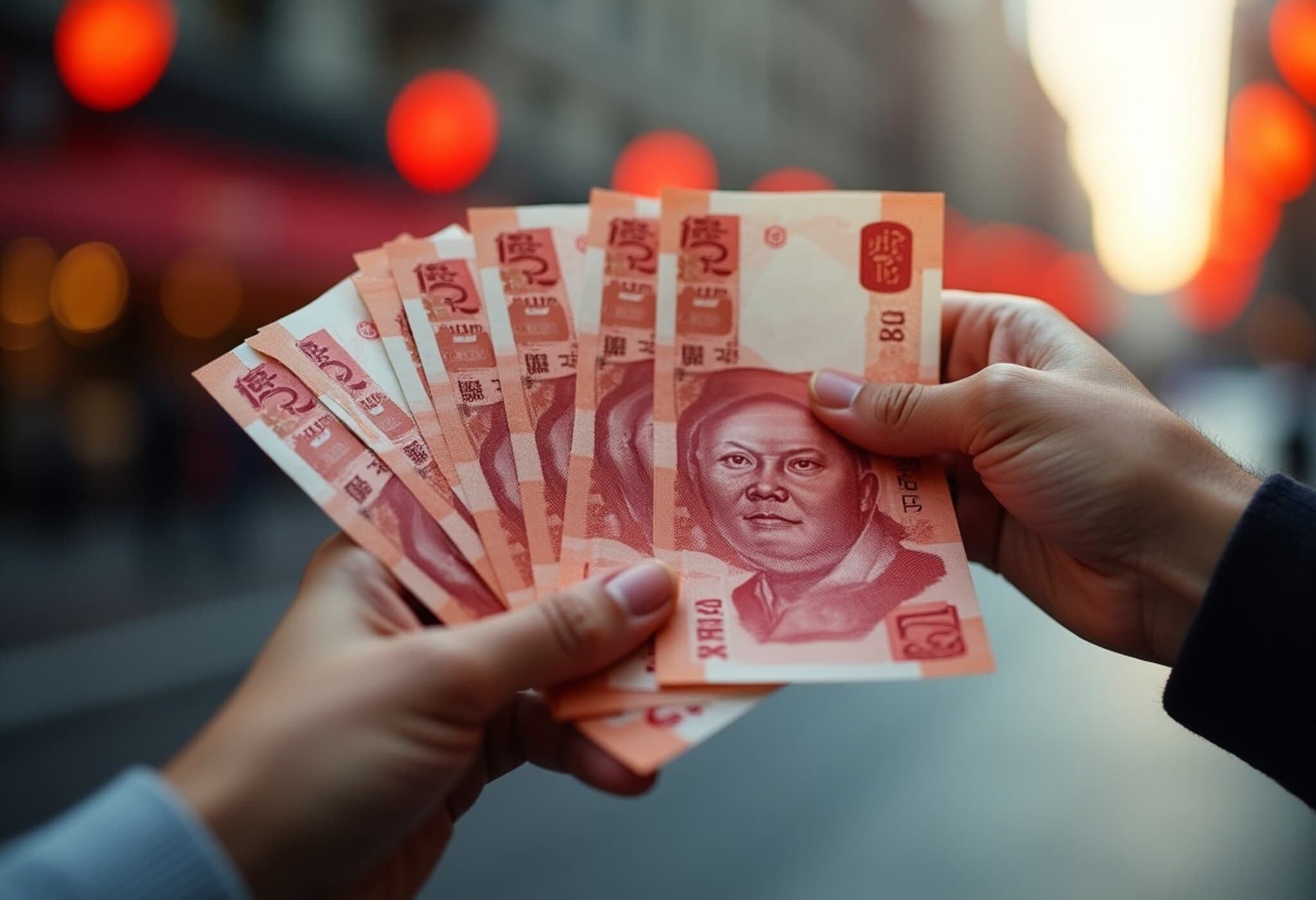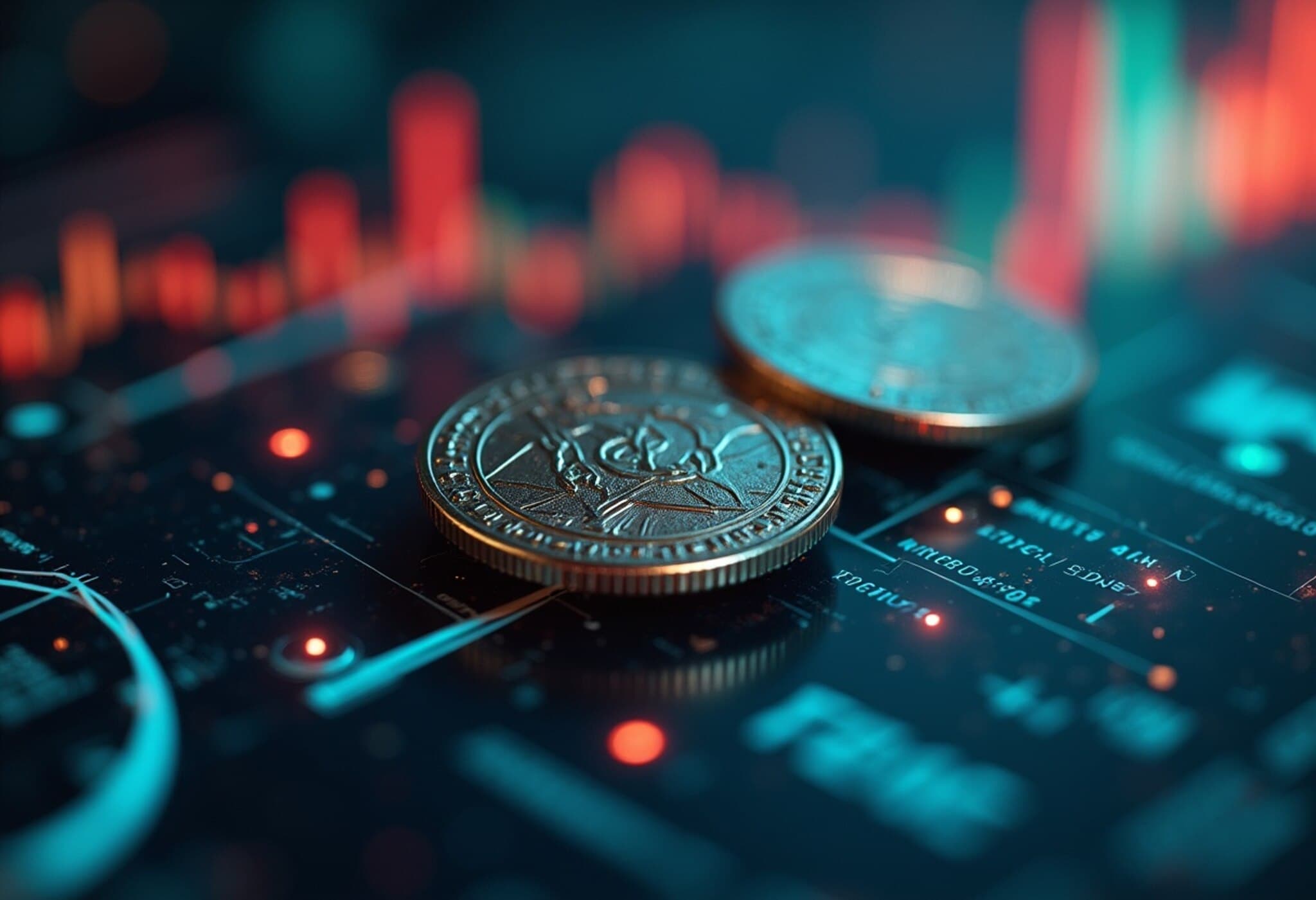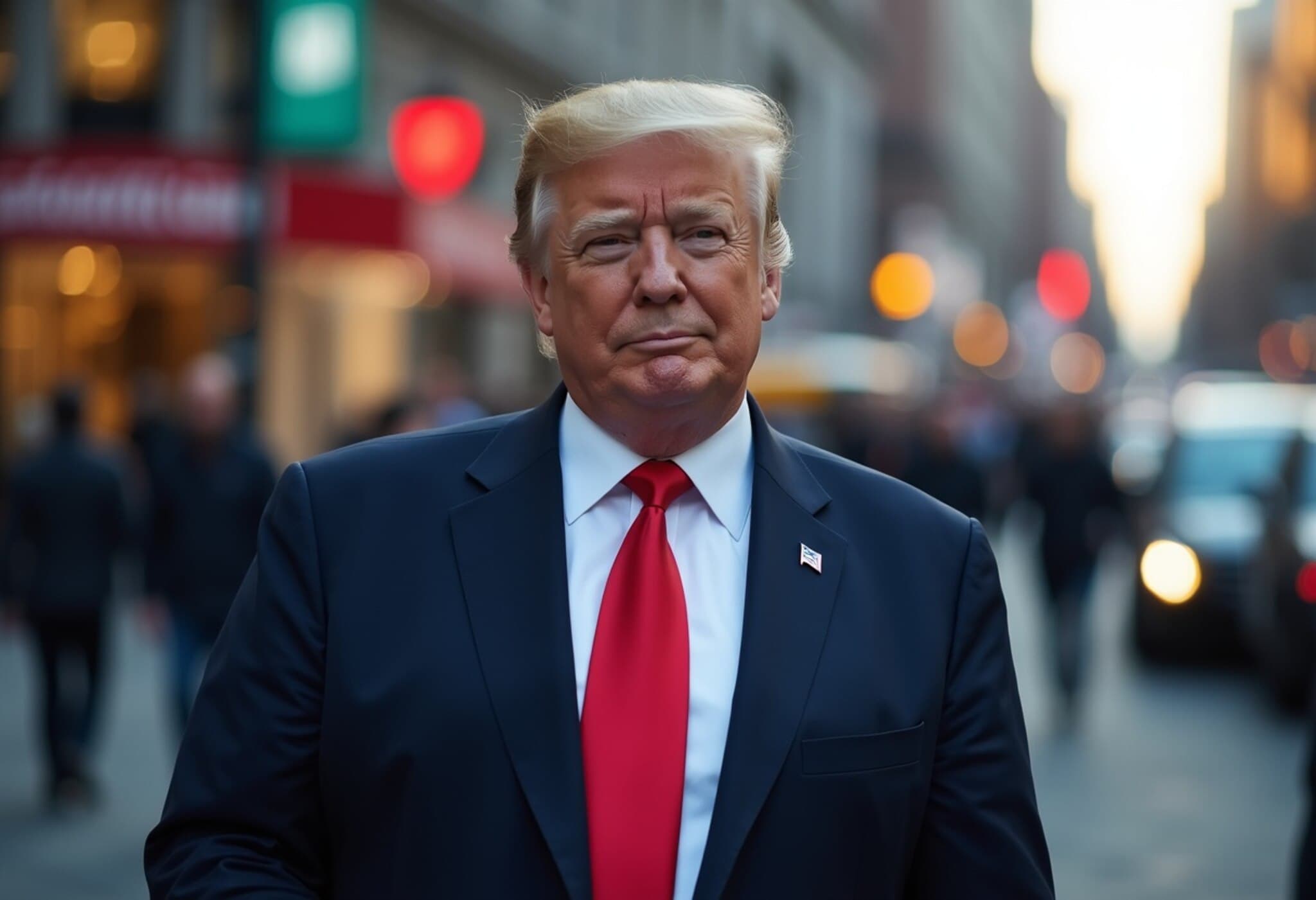Euro Gains Momentum Amid U.S. Economic Uncertainty
The euro is making significant strides against the U.S. dollar, underpinned by rising concerns over American trade policies and fiscal sustainability. At a recent economic forum in Aix-en-Provence, France, central bankers and strategists emphasized the euro's growing appeal as a reliable global currency alternative amidst the shifting geopolitical and economic landscape.
Political and Economic Factors Driving Currency Shifts
Yannis Stournaras, governor of the Bank of Greece, highlighted key issues eroding confidence in the U.S. dollar. “The combination of U.S. tariffs, institutional challenges, and the aftermath of the tax reforms are pivotal in influencing the dollar’s exchange rate,” he said during a panel moderated by CNBC. Stournaras also warned that those imposing tariffs might be the first to feel economic repercussions, hinting at the unintended consequences of protectionism.
Compounding the greenback’s challenges is uncertainty surrounding the scope of tariffs and trade agreements. Although talks between the U.S. and European Union are ongoing, early indications suggest U.S. import tariffs will remain elevated compared to the start of the year, restraining growth and investor confidence.
Investor Sentiment and the Rule of Law
Gabriel Makhlouf, governor of the Central Bank of Ireland, underscored a subtle but critical shift in investor behavior. “This is less about tariff headlines and more a reaction to perceived weakening of the rule of law in the U.S.,” he explained. Investors, sensitive to legal and institutional stability, are recalibrating their portfolios, which is signaling greater long-term risks to American assets.
Over the past decade, the euro’s share in global foreign exchange reserves has hovered around 20%, while the dollar’s dominance shrank from nearly 69% in 2014 to under 58% by 2024, as reported by the European Central Bank. Though the euro isn’t poised to unseat the dollar imminently, its steady rise is noteworthy in the context of a more volatile and politicized financial environment.
The EU’s Crucial Role in Cementing Euro’s Global Status
Experts agree that for the euro to fully capitalize on this momentum, the European Union must accelerate its internal financial integration. Stournaras called for the completion of the Banking Union and Capital Markets Union, alongside efforts to dismantle remaining trade and regulatory barriers within the bloc.
Paschal Donohoe, president of the Eurogroup finance ministers, linked the euro’s future to the robust fiscal management underpinning massive EU recovery programs post-pandemic. “Strong foundations, including fiscal discipline and policy coherence, are essential to enhance eurozone stability and appeal,” he remarked.
Looking Ahead: The Dollar’s Fragility and Euro’s Opportunity
Currency strategists from ING and Deutsche Bank have highlighted the dollar’s vulnerabilities stemming from U.S. fiscal deficits and declining appetite from foreign investors for American assets. George Saravelos and Christian Wietoska of Deutsche Bank emphasized that the dollar’s downward trend is driven more by a lack of new foreign investment than by active selling.
Francesco Pesole, an FX strategist at ING, pointed out that recent spikes in oil prices and geopolitical tensions provided only a short-lived boost to the dollar, signaling a fragile grip on its historical role as the global safe haven.
All of this paints a complex picture: while the euro is far from replacing the dollar as the world’s dominant reserve currency, evolving U.S. economic policies and geopolitical uncertainties are unequivocally creating a more favorable environment for the euro’s ascendancy.
Critical Questions for Policymakers and Markets
- Will the U.S. address fiscal sustainability to stabilize the dollar’s international status?
- Can the European Union overcome internal divisions to create integrated capital and banking markets?
- How will ongoing trade negotiations and tariff policies influence long-term currency alignments?
- What role will investor confidence in legal frameworks play in shaping capital flows?
Editor’s Note
The shifting tides between the euro and the dollar are more than just numbers on a forex chart—they reflect deeper narratives about global trust, governance, and economic stewardship. As the U.S. grapples with policy uncertainties and fiscal pressures, the eurozone’s strategic moves toward integration could redefine the international monetary order over the coming decade. Observers should watch closely how these dynamics influence everything from global trade to household finances worldwide.

